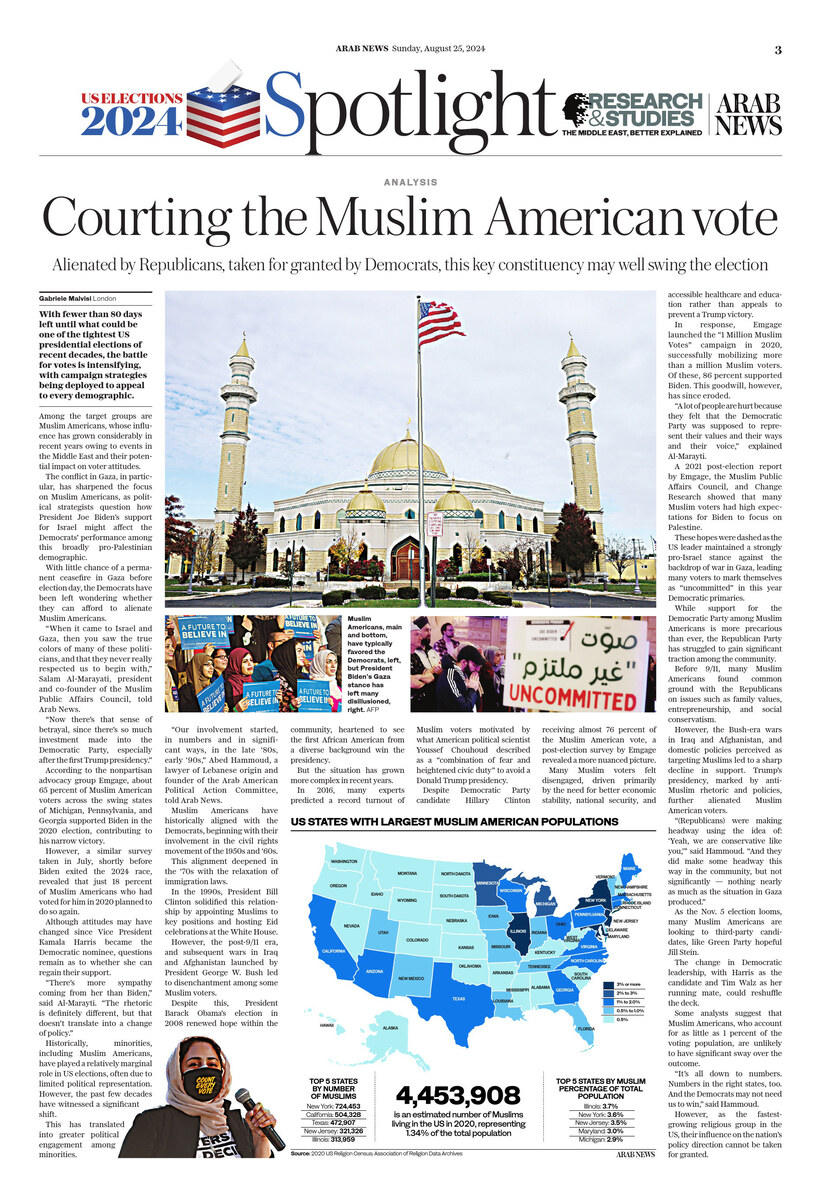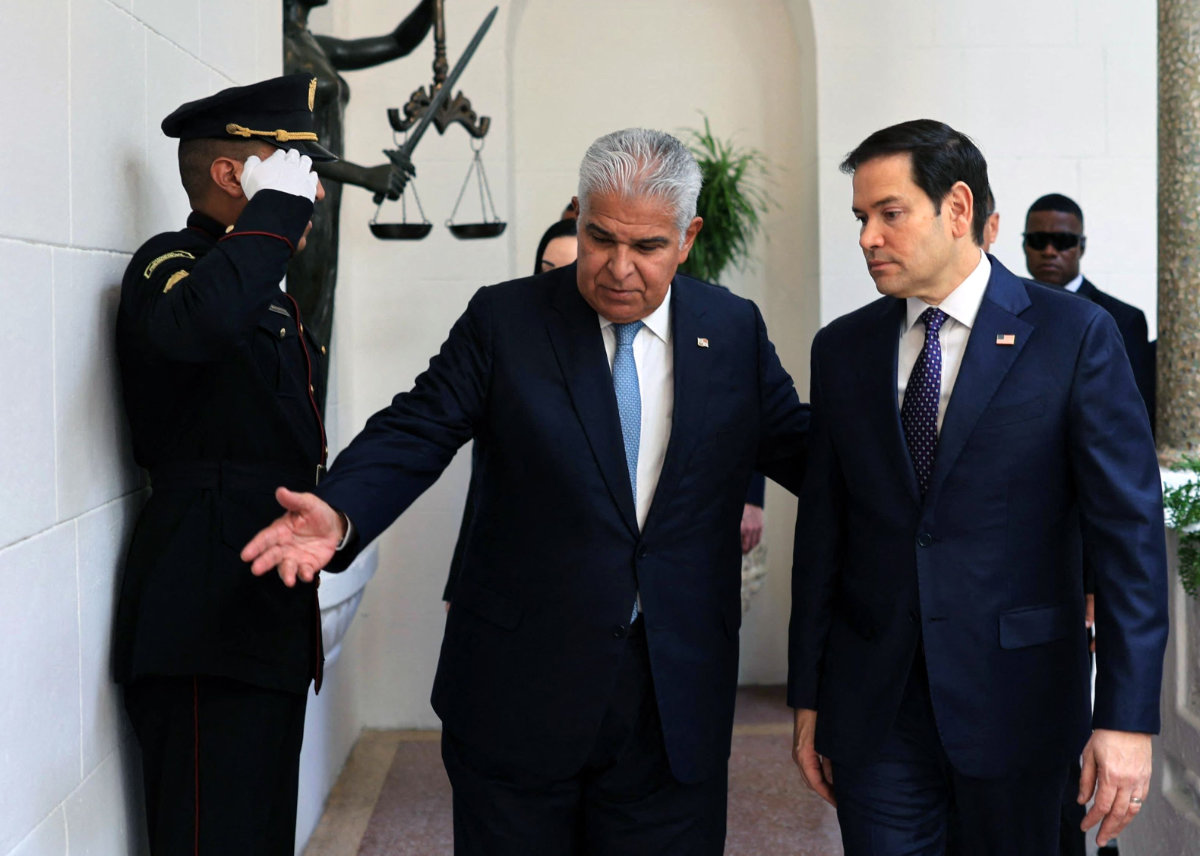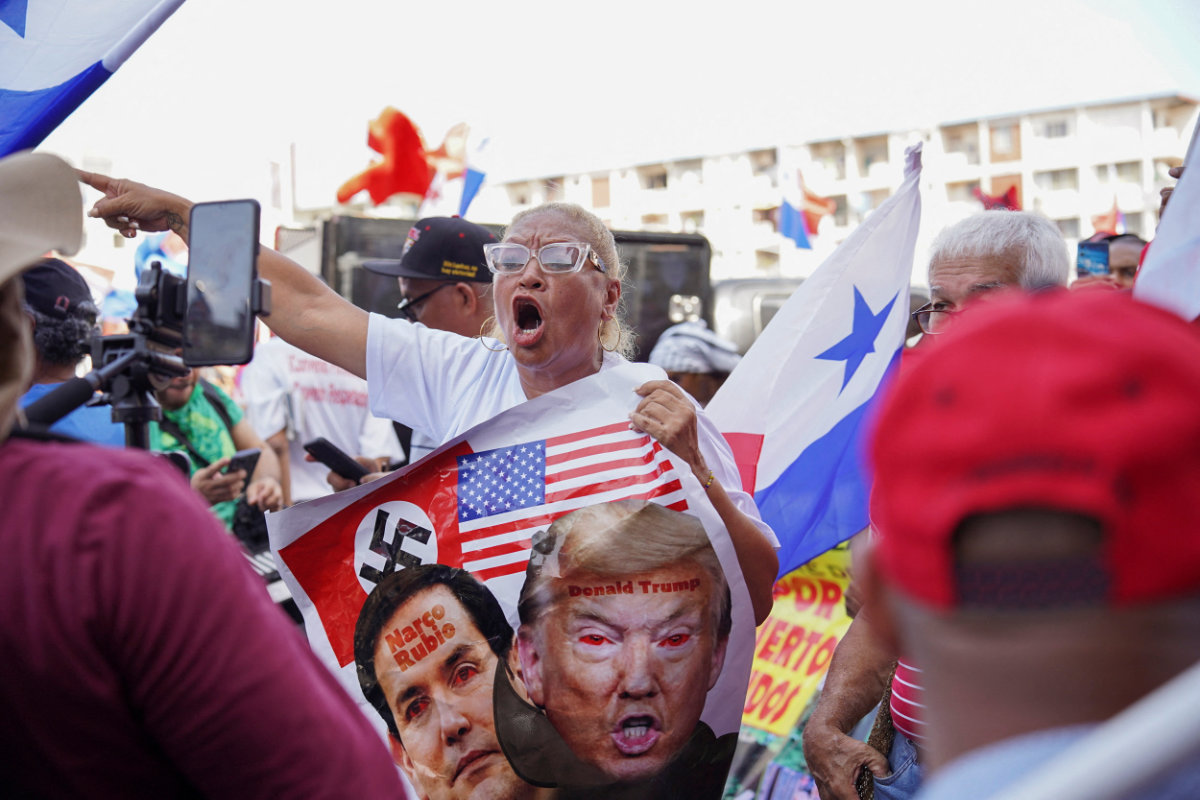LONDON: With fewer than 80 days left until what could be one of the tightest US presidential elections of recent decades, the battle for votes is intensifying, with campaign strategies being deployed to appeal to every demographic.
Among the target groups are Muslim Americans, whose influence has grown considerably in recent years owing to events and foreign policy decisions in the Middle East and their potential impact on voter attitudes.
The conflict in Gaza, in particular, has sharpened the focus on Muslim Americans, as political strategists question how President Joe Biden’s unwavering support for Israel might affect the Democrats’ performance among this broadly pro-Palestinian demographic.
With little chance of a permanent ceasefire in Gaza before election day, the Democrats have been left wondering whether they can afford to alienate Muslim Americans, who were critical to Biden’s 2020 victory in key battleground states, such as Michigan.“
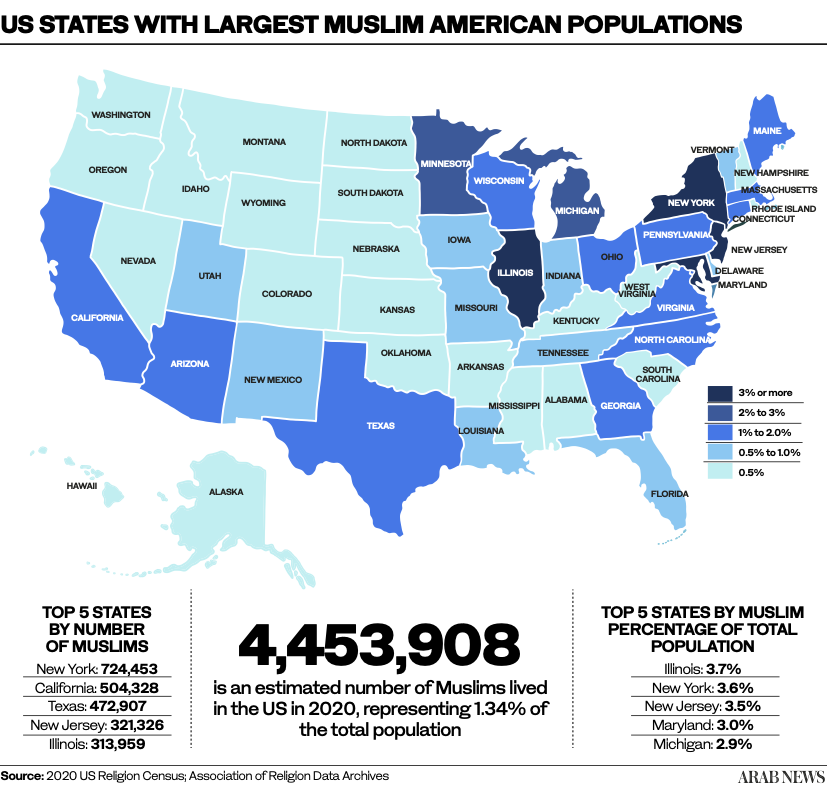
When it came to Israel and Gaza, then you saw the true colors of many of these politicians, and that they never really respected us to begin with,” Salam Al-Marayati, president and co-founder of the Muslim Public Affairs Council, told Arab News.
“Now there’s that sense of betrayal, since there’s so much investment made into the Democratic Party, especially after the first Trump presidency.”
According to the nonpartisan advocacy group Emgage, about 65 percent of Muslim American voters across the swing states of Michigan, Pennsylvania, and Georgia supported Biden in the 2020 election, contributing to his narrow victory.
However, a similar survey taken in July, shortly before Biden exited the 2024 race, revealed that just 18 percent of Muslim Americans who had voted for him in 2020 planned to do so again.
Although attitudes may have changed since Vice President Kamala Harris became the Democratic nominee, questions remain as to whether she can reestablish the support of Muslim American voters.
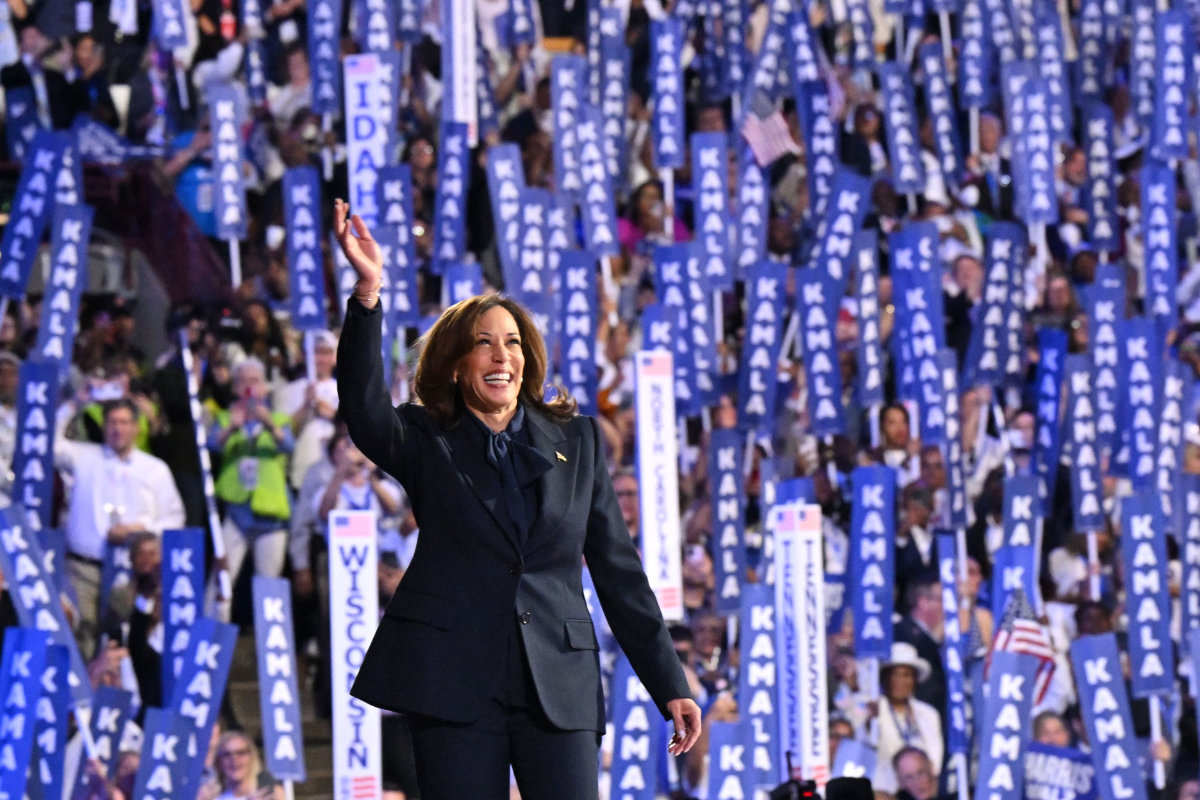
Questions remain as to whether Kamala Harris can reestablish the support of Muslim American voters that President Joe Biden has lost for his unwavering support for Israel in its war on Palestinians in Gaza. (AFP)
“There’s more sympathy coming from her than Biden,” said Al-Marayati. “The rhetoric is definitely different, but that doesn’t translate into a change of policy.”
Historically, minorities, including Muslim Americans, have played a relatively marginal role in US elections, often due to exclusion from voting or limited political representation. However, the past few decades have witnessed a significant shift.
Pioneers such as Dalip Singh Saund, the first Indian American elected to Congress in 1957, and Rashida Tlaib, the first Palestinian American woman in Congress, symbolize the increasing political representation of minorities.
This growing representation has translated into greater political engagement among minorities, including Muslim Americans.
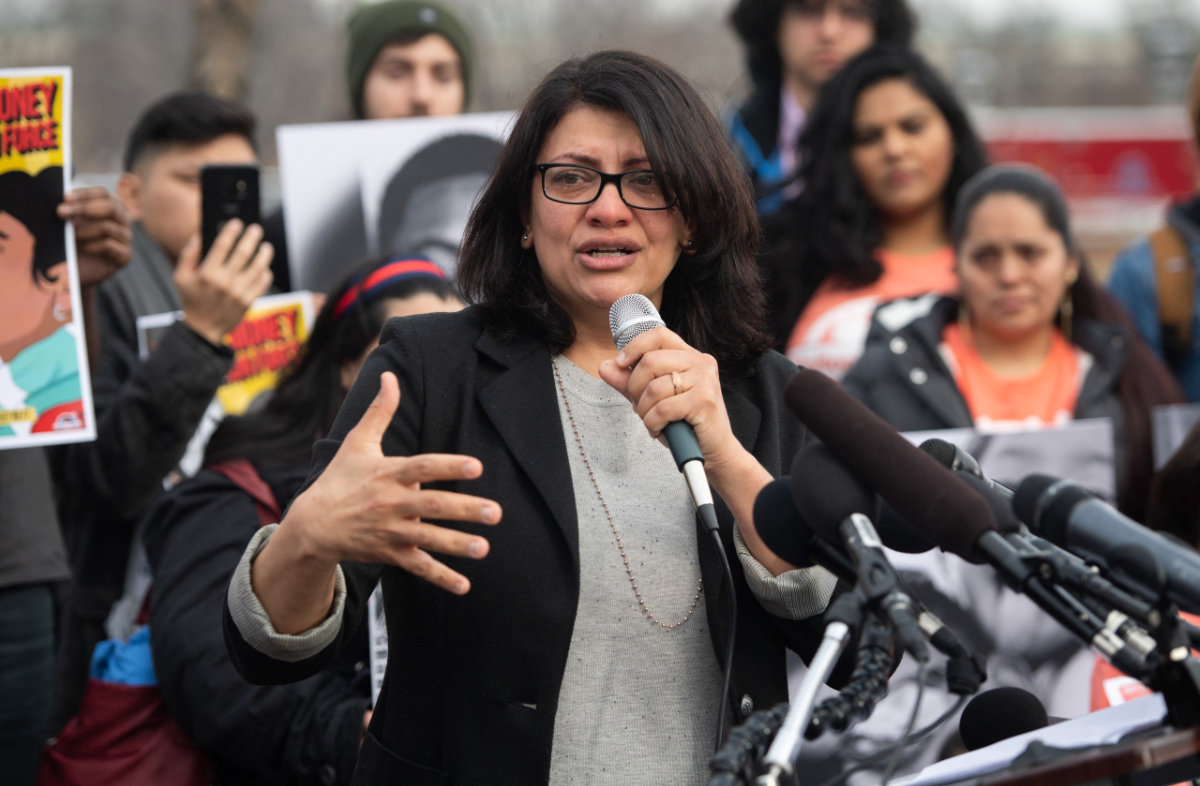
US Representative Rashida Tlaib, a Democrat from Michigan state, is the first Palestinian American woman in Congress. (AFP/File)
According to Pew Research Center, the current Congress is the most ethnically diverse in US history, with 25 percent of voting members identifying as something other than non-Hispanic white.
As a result, Muslim Americans and other minorities have become increasingly influential in elections, earning them greater recognition from political parties.
“Our involvement started, in numbers and in significant ways, in the late ‘80s, early ‘90s,” Abed Hammoud, a lawyer of Lebanese origin and founder of the Arab American Political Action Committee, told Arab News.
“(But) naturally, that process takes time and you have to do it right, too, as a community.”
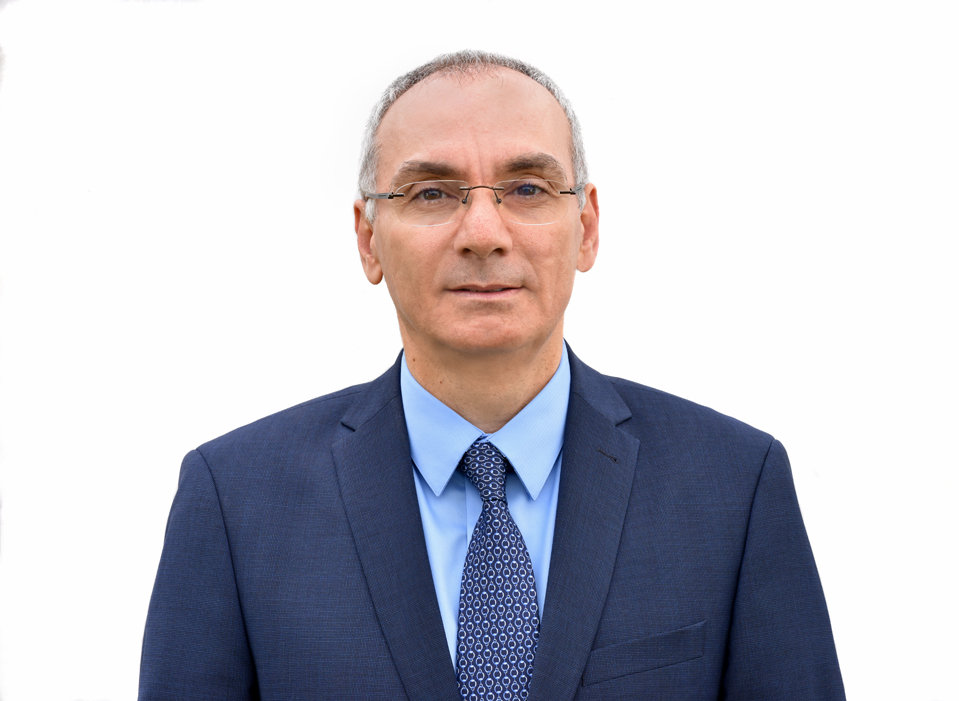
Abed Hammoud, founder of the Arab American Political Action Committee. (Supplied)
Hammoud says that internal conflicts, divisions over identity, disinformation, and the “natural fear people have when you’re not part of the mainstream” have historically undermined the unity of Muslim American voters and a political force.
Nevertheless, Muslim Americans have historically aligned with the Democratic Party, beginning with their involvement in the civil rights movement of the 1950s and ’60s, led by figures such as Malcolm X.
This alignment deepened in the 1970s with the relaxation of immigration laws, which saw Muslim communities in the US rapidly expand.
In the 1990s, President Bill Clinton solidified this relationship by appointing Muslims to key positions, including M. Osman Siddique as the first Muslim American chief of mission, and by hosting Eid celebrations at the White House.
However, the post-9/11 era, and subsequent wars in Iraq and Afghanistan launched by President George W. Bush led to disenchantment among some Muslim voters.
Despite this, President Barack Obama’s election in 2008 renewed hope within the community, heartened to see the first African American from a diverse background win the presidency.
But the situation has grown more complex in recent years.
In 2016, many experts predicted a record turnout of Muslim voters motivated by what American political scientist Youssef Chouhoud described as a “combination of fear and heightened civic duty” to avoid a Donald Trump presidency.
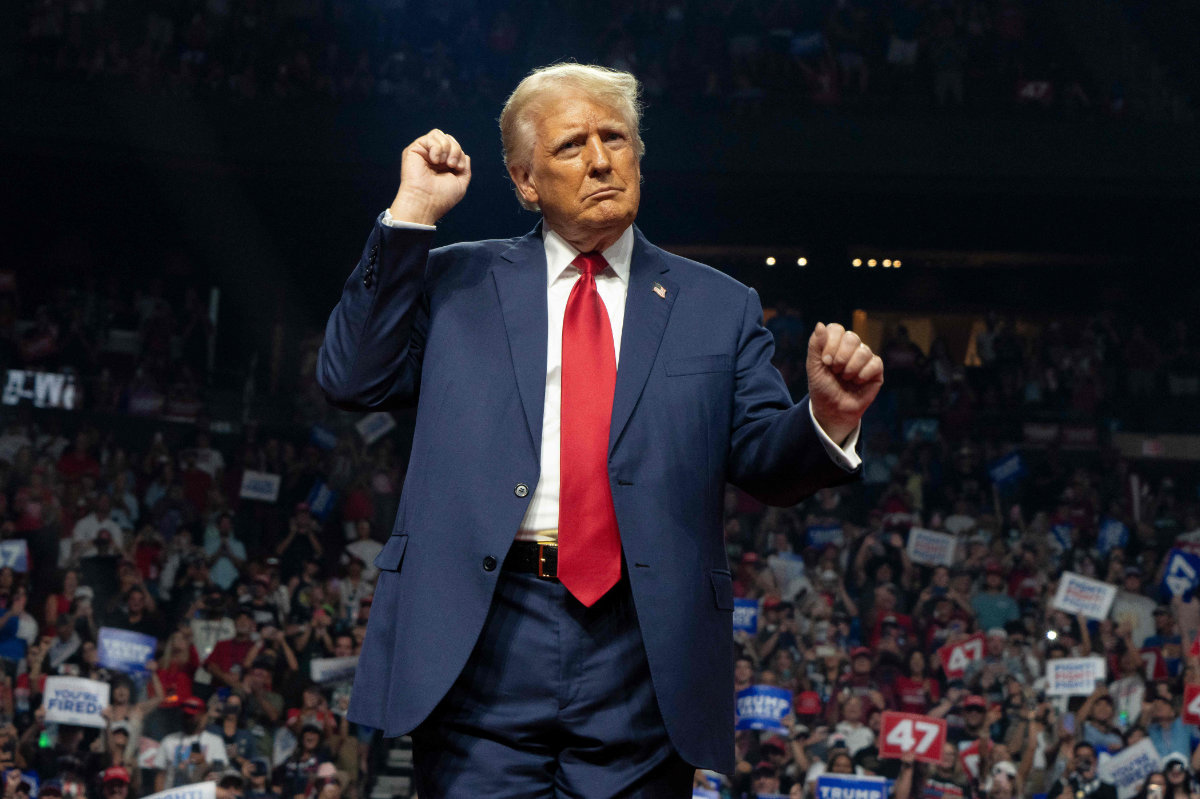
Despite the anti-Muslim rhetoric and policies during Donald Trump's administration, he still has supporters among Muslim Americans. (AFP)
Despite Democratic Party candidate Hillary Clinton receiving almost 76 percent of the Muslim American vote, a post-election survey by Emgage revealed a more nuanced picture.
Many Muslim voters felt disengaged, driven primarily by the need for better economic stability, improved national security, and more accessible healthcare and education rather than appeals to prevent a Trump victory.
In response, Emgage launched the “1 Million Muslim Votes” campaign in 2020, successfully mobilizing more than a million Muslim voters.
Of these, 86 percent supported Biden, who was viewed favorably for his stance on jobs, the economy, healthcare, and civil rights, particularly in light of the surge in hate crimes and Islamophobia during Trump’s presidency.
This goodwill, however, has since eroded.
“A lot of people are hurt because they felt that the Democratic Party was supposed to represent their values and their ways and their voice,” explained Al-Marayati.
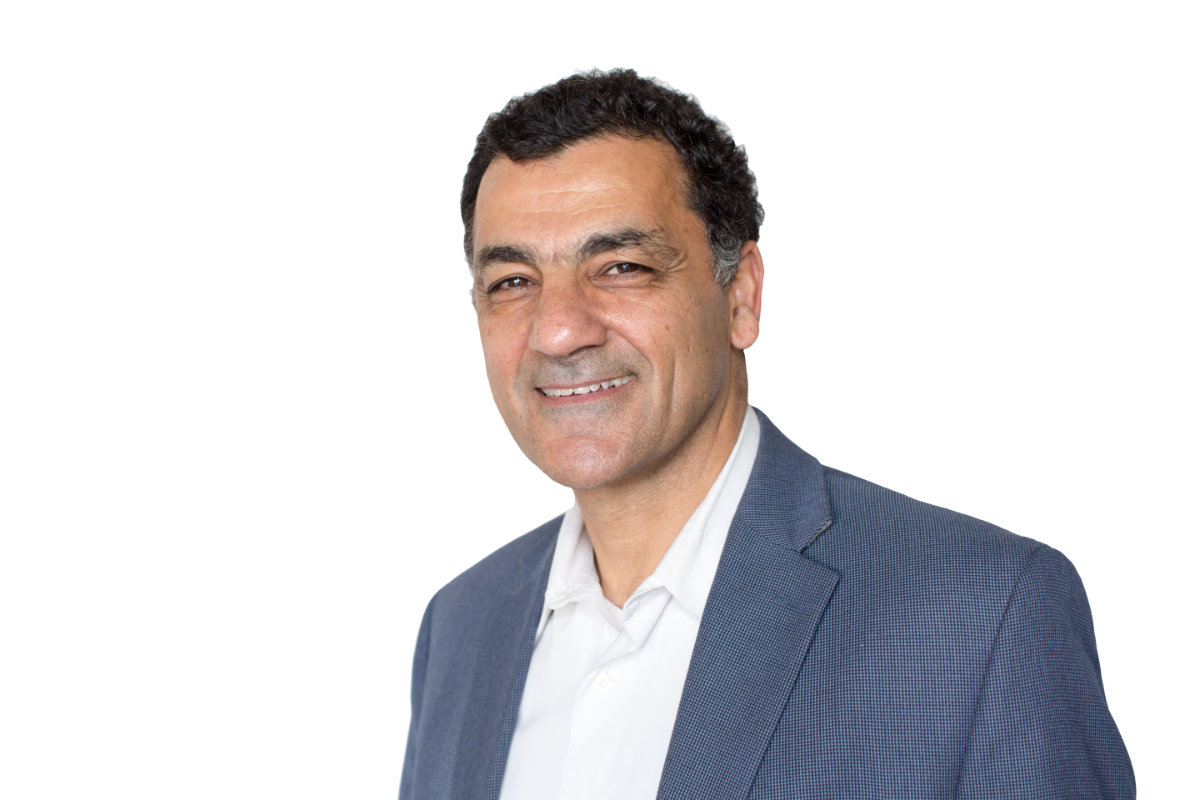
Salam Al-Marayati, president and co-founder of the Muslim Public Affairs Council. (Supplied)
A 2021 post-election report by Emgage, the Muslim Public Affairs Council, and Change Research showed that many Muslim voters had high expectations for Biden to focus on Palestine.
These hopes were dashed as the US leader maintained a strongly pro-Israel stance against the backdrop of war in Gaza, leading many voters to mark themselves as “uncommitted” in this year Democratic primaries.
While support for the Democratic Party among Muslim Americans is more precarious than ever, the Republican Party has struggled to gain significant traction among the community.
Before 9/11, many Muslim Americans found common ground with the Republicans on issues such as family values, entrepreneurship, and social conservatism.
However, the Bush-era wars in Iraq and Afghanistan, and domestic policies perceived as targeting Muslims led to a sharp decline in support. Trump’s presidency, marked by anti-Muslim rhetoric and policies, further alienated Muslim American voters.
In May, a group of prominent Arab Americans that included Bishara Bahbah, founder of Arab Americans for Trump, established a political action committee called Arab Americans for a Better America.
Bahbah has said that he and other members of the community have been offered assurances that a second Trump presidency would “put an immediate end to the war in Gaza,” though he offered no evidence.
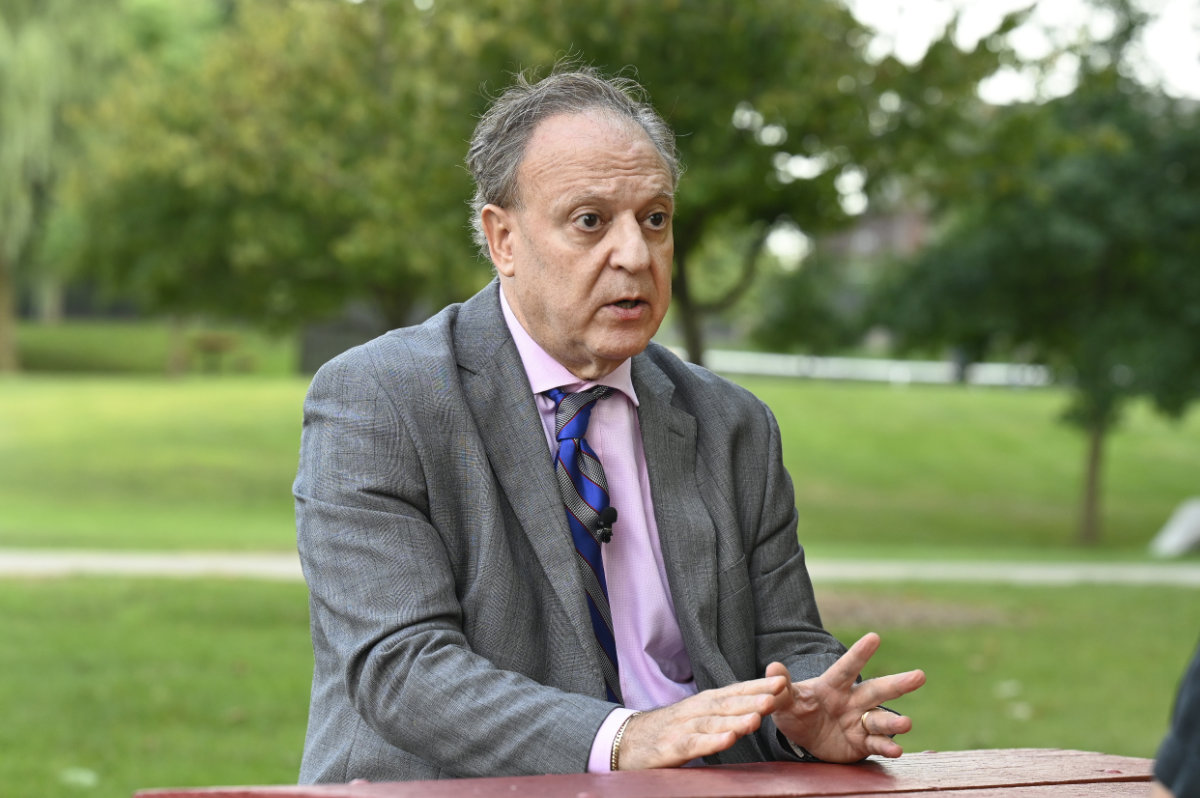
Bishara Bahbah, founder of Arab Americans for Trump group. (AP/File)
He has also said that he is confident having Trump back in the White House would result in a quick end to the hostilities in Gaza.
“(Republicans) were making headway using the idea of: ‘Yeah, we are conservative like you,’” said Hammoud. “And they did make some headway this way in the community, but not significantly — nothing nearly as much as the situation in Gaza produced.”
As the Nov. 5 election looms, many Muslim Americans are looking to third-party candidates who might better represent their views, with Green Party hopeful Jill Stein seeking to capitalize on this sentiment.
However, the change in Democratic leadership, with Harris as the presidential candidate and Tim Walz as her running mate, could reshuffle the deck.
Indeed, Harris’ decision to enlist Afghan-American lawyer Nasrina Bargzie to help build support among Muslim voters, along with her willingness to meet with leaders of the “uncommitted” campaign to discuss the Gaza war, has been cautiously welcomed by the community.
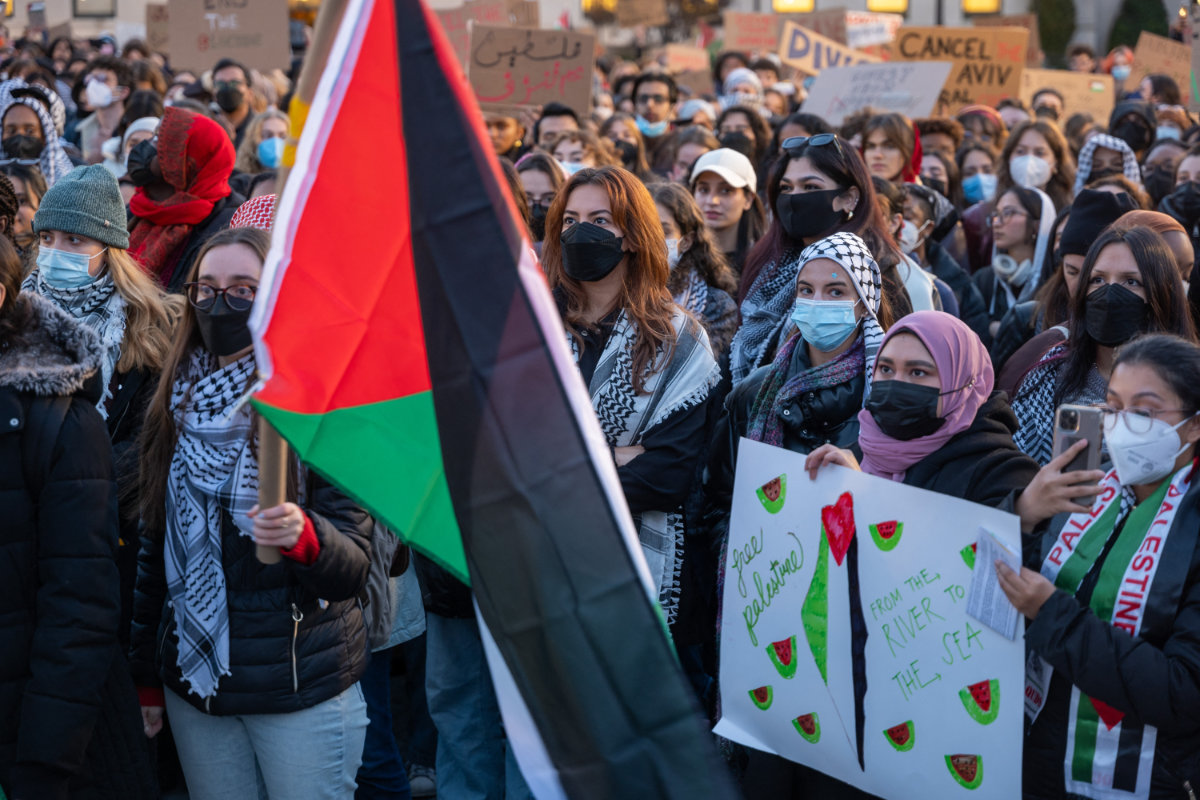
US President Joe Biden's unwavering support for Israe in its genocidal war against Gazans has disillussioned many Muslim Americans. (AFP/File)
Hammoud expressed skepticism about Bargzie’s appointment, however, arguing that “it’s not enough to appoint someone just because they’re Muslim or Arab” to heal the divide.
“It’s an issue that has always been important — for us to have people, our own people, in positions. But we need to see action,” he said.
Some analysts suggest that Muslim Americans, who account for as little as 1 percent of the voting population, are unlikely to have significant sway over the outcome of November’s election.
“It’s all down to numbers. Numbers in the right states, too. And the Democrats may not need us to win,” said Hammoud.
However, as the fastest-growing religious group in the US, their influence on the nation’s policy direction cannot be taken for granted.
